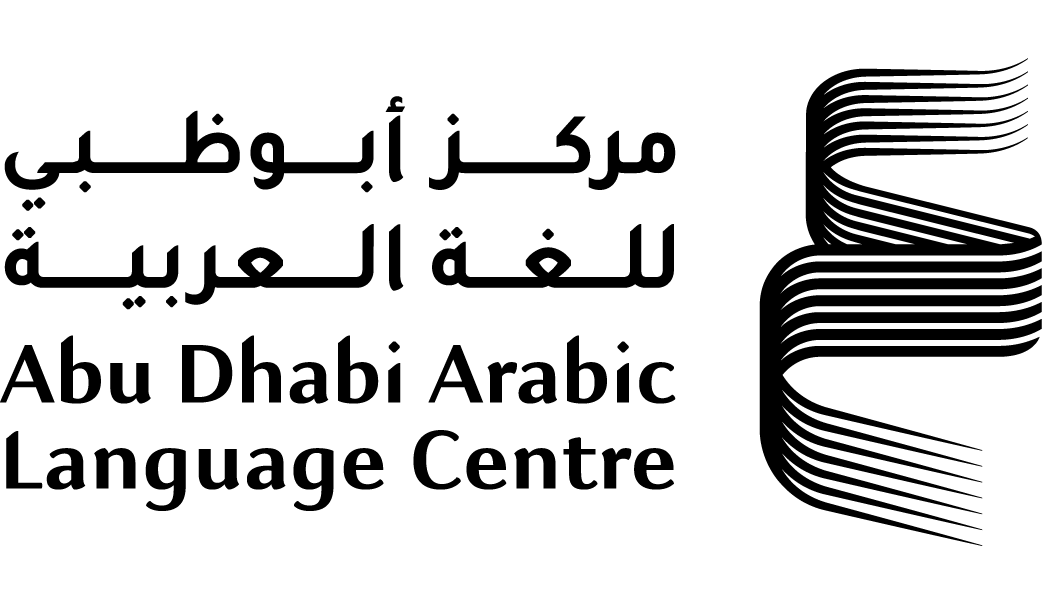The Abu Dhabi Arabic Language Centre (ALC) has published a book titled ‘Dictionary of Food and Feeding’ by researcher and novelist Taissier Khalaf.
Published as part of the Research Grants Programme and the Basaer (Insights) Series of Research Papers and Studies, the book examines the world of food and the vocabulary of eating as represented in Arab literature. Rather than offering a mere compilation of recipes, the author presents a cultural and social dictionary that reflects the Arabs’ historical relationship with food as an expression of civilisation, environmental interaction and cultural exchange with other nations.
The book is a significant scholarly contribution to the documentation of Arab culinary heritage, achieved through meticulous examination of food names, cutlery, and hospitality traditions as understood by Arabs during their cultural zenith.
The author draws upon a wide range of sources, including authenticated Arabic works and manuscripts devoted to the arts of cooking and table arrangement, produced in major Arab cultural centres from Baghdad to Seville. The study incorporates materials from historical writings, biographical works, literary texts, lexicons, and glossaries.
The dictionary aims to establish a contemporary reference on the heritage of Arab dining, covering cuisine, beverages and related literary traditions, as they evolved throughout the ages of Arab–Islamic civilisation up to the end of the Mamluk era.
Among the dictionary’s most noteworthy entries, which exemplify the distinctiveness of this encyclopaedic work, is Sahnaʾa—also known as sahna or suhnah. This ancient Arabic condiment was prepared from small dried fish, referred to in the UAE as jasheʾa, which were ground and added to food as a flavouring, comparable to what is now understood as compound spices or concentrated salts.
Remarkably, this condiment continues to be known in the UAE by its original Arabic name, sahnah, attesting to the enduring presence of culinary memory in the Arabian Gulf, which is likely its place of origin. From there, sahna spread with the Arabs to the kitchens of al-Andalus and ultimately to Abbasid Baghdad, where Ibn Sayyār al-Warrāq included numerous recipes using it in his celebrated book Kitāb al-Ṭabīkh (The Book of Cookery).
The dictionary holds particular significance in its capacity to address a substantial gap in scholarship. While poetry and prose have long been the focus of research, the language of the table, culinary narratives, and hospitality etiquette have received comparatively little scholarly attention, despite their central role in shaping social and cultural identity and in documenting food practices.
The publication of this dictionary is part of the community campaign to promote sustainable reading, launched by the Abu Dhabi Arabic Language Centre (ALC) continuing throughout 2025. The campaign reflects the ALC’s commitment to strengthening the presence of the Arabic language and positioning reading as a vital instrument in achieving the goals of the Year of Community. Within this framework, the Research Grants Programme and the Basaer (Insights) Series of Research Papers and Studies support creativity, authorship, and scholarly research across diverse disciplines related to the Arabic language.
The Author
The author of the book is Taissier Khalaf, a Syrian-Palestinian researcher and novelist, born in 1967. He has published approximately 50 works spanning literature, historical studies, and travel writing, most notably "An Encyclopaedia of the Journeys of the Arabs and Muslims in Palestine" (2009). His novels include "Moviola" (2013), "Darwin’s Sparrows" (2018), and "The King of Thieves” (2022). His novel "The Massacre of the Philosophers" was shortlisted for the International Prize for Arabic Fiction in 2017, and his novel "The Andalusian Messiah" was shortlisted for the same prize in 2025.
![alc-default-cursor]()

